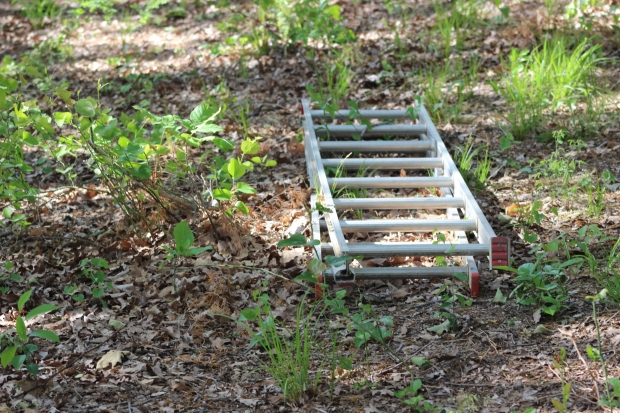If you were seriously injured, remember that it is crucial to choose the right law firm to represent your interests. We have been doing this for more than three decades, and have the resources you need to challenge any opponent.
Coba v. Tricam Indus., Inc. – Florida Supreme Court Weighs Defective Ladder Case

Falls are a leading cause of death, according to research from the Centers for Disease Control and Prevention, and nearly half of those fatal falls occur from ladders.
Such was the case for a man whose family later sued the ladder manufacturer for designing a defective product. The case, Coba v. Tricam Indus., Inc., asserted strict liability for the allegedly defective 13-foot ladder.
Jurors at trial sided with the plaintiffs, awarding $1.5 million in their product liability wrongful death case. But the jury’s verdict was technically inconsistent. They found there was not a design defect in the ladder, but they still found the defendant was negligent and that negligence resulted in the decedent’s death. They found the decedent 80 percent liable and the defendant 20 percent liable, thus awarding the estate $350,000.
The defendant did not initially object to the verdict. However, the defense later requested the judge set the verdict aside because jurors could not find negligent design if they did not find the design defect contributed to the fall, and the jury ruled there had been no such defect.
The judge didn’t disagree that the verdict was inconsistent. But the defendant never objected to the verdict at the time it was rendered. This failure meant they waived their right to appeal the verdict.
The defense appealed to the Florida Supreme Court, asking for an exception, arguing that since the inconsistency went to the fundamental nature of the verdict, the defense shouldn’t be required to object to it right away. But the Florida Supreme Court denied this request, finding any party who believes a verdict is contrary to the evidence has to object to it at the time it is announced.
In this case, an expert witness for the estate, a consulting engineer and accident reconstructionist, testified the ladder was defectively designed because it could look as if the ladder was in a locked position, when in fact it was not.
An expert for the defense testified a false lock was impossible on this particular model of ladder and instead posited that the ladder was set up on a slippery surface, making it slide as the decedent climbed it and causing the ladder to give way.
Although the plaintiff initially claimed the warnings on the ladder were defective, that claim was later withdrawn. Jurors were instructed on the standard for finding a design defect by strict liability and negligence on the basis of the design, distribution, and sale of the ladder.
Jurors found the defendant strictly liable, despite there not being a design defect.
The defense appeal was not successful, and the appellate court noted that even though the verdict was conflicting, there was no way to know which part of that verdict reflected jurors’ true intent. Therefore, it did not automatically entitle the defense to a verdict in its favor.
Meanwhile, an appeal by the plaintiff did result in increasing the award by nearly $180,000 for medical expenses, which were not properly calculated in the initial award.
The Ferraro Law Firm handles claims resulting from defective products or dangerous pharmaceuticals. Call (888) 554-2030 for a free and confidential consultation. Offices in Miami and Washington, D.C.
Table of Contents
Frequently Asked Questions: Mesothelioma & Asbestos
What is asbestos?
Why is asbestos dangerous?
What are asbestos-related diseases?
What causes mesothelioma?
What are the different types of mesothelioma?
What are common mesothelioma symptoms?
Do I qualify for compensation if I have mesothelioma?
What is the life expectancy for someone with mesothelioma?
Do I qualify for compensation if I have mesothelioma?
Contact The Ferraro Law Firm at (305) 375-0111 to explore your legal options with our knowledgeable legal team.
